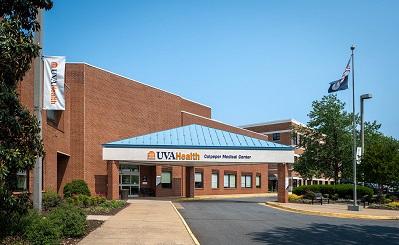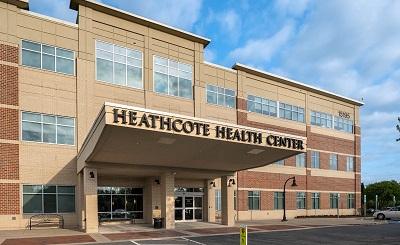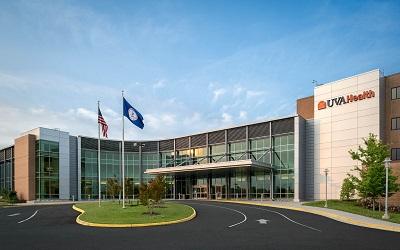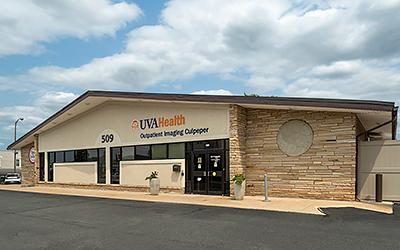A Randomized, Open-Label, Phase 3 Study of Adjuvant Imlunestrant vs Standard Adjuvant Endocrine Therapy in Patients who have Previously Received 2 to 5 years of Adjuvant Endocrine Therapy for ER+, HER2- Early Breast Cancer with an Increased Risk of Recurrence
The University of Virginia is participating a clinical research study for adults ages 18 and over, who have Estrogen receptor positive (ER+), human epidermal growth factor receptor 2-negative (HER2-), early breast cancer with an increased risk of recurrence. As part of this study, you will either be treated with continued regular standard of care therapy or with an investigational medication for 5 years. Both medications are a pill. The main reason for you to take part in this study is to help in answering the following research questions: • The safety of the investigational drug and any side effects you might have when you take it. • Whether the investigational drug can help study participants with early breast cancer. • How the investigational drug compares to standard-of-care therapy. If you choose to be in this study, your part in the study is expected to last about 10 years. • Screening phase: about 28 days • Treatment phase: about 5 years • Post-treatment phase: about 5 years Study-related procedures that are being done beyond your standard of care will be provided at no cost to you or your insurance. Additional information can be found here: https://clinicaltrials.gov/ct2/show/NCT05514054 [email protected]









